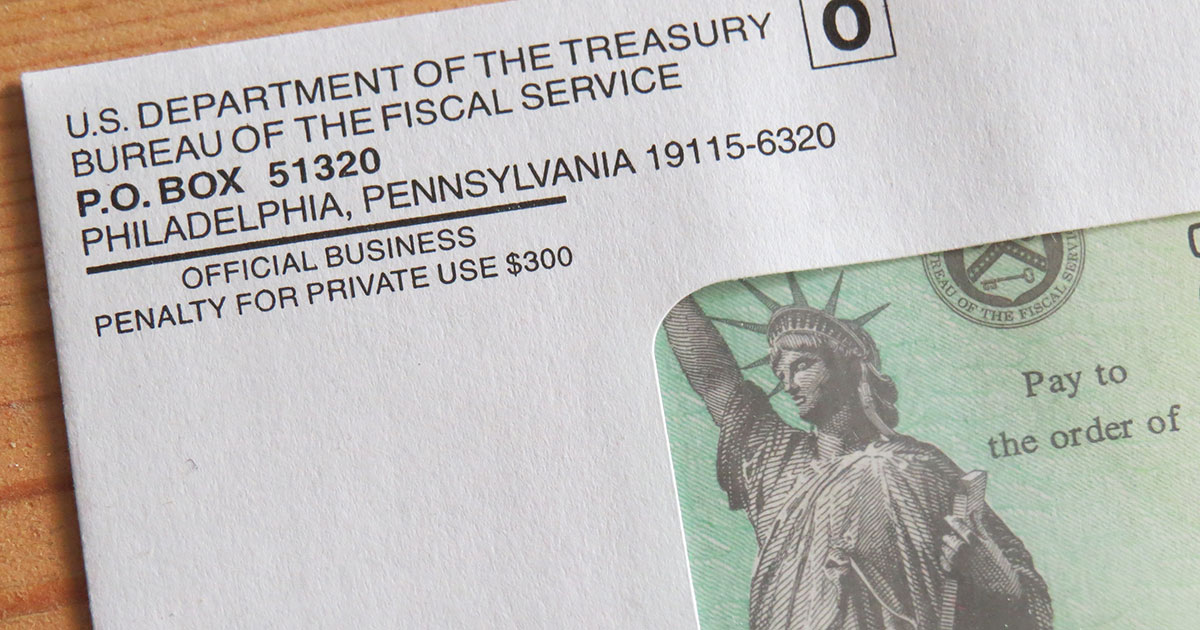What Is a Stimulus Package? A Conversation with Professor Megan Way

During this tumultuous year, you’ve likely read about it or heard it on the news. But, what exactly is a stimulus package?
Well, one was approved in the spring, and a second is in the works. Associate Professor and Chair of the Economics Division Megan Way discusses the factors that drive these proposals, the expectations of recipients, and the effects they can have on entrepreneurship.
What is a stimulus package, and how is it decided that one is needed?
“A stimulus package is an attempt to use government spending to make up for the fact that people have stopped spending. It’s supposed to drive consumers and businesses to get the economy moving. If the economy goes into a recession, that’s the trigger. You rarely hear about a stimulus package when there isn’t a documented recession in play.”
Are recipients expected to put their new funds back into the economy?
“That’s the tricky point. You’re hoping whoever you give the money to is going to spend it, and not use it to reduce their own debt. That’s why oftentimes economists will push for targeting stimulus to individuals and firms that are more likely to spend. Stimulus can also prompt investment, if government funds are targeted to incentivize businesses to grow.”
What situation would we be in if not for the distribution of a stimulus package(s)?
“We would have a much more prolonged recession or depression. The extended unemployment benefits and increased unemployment payments have supported consumer spending enormously during this time. It’s boosted the economy significantly. If we feel things are slightly stable right now, that is only because of these packages.”
“When there’s funding for the availability of protective gear, plenty of entrepreneurial leaders can kick into action and pivot their businesses.”
Megan Way, Associate Professor and Chair of the Economics Division
How is it determined that a second stimulus package may be needed in a span of just a few months?
“They look at unemployment rates, and predictions about Gross Domestic Product. The official designation of a recession is two consecutive quarters of a decline in GDP. There are a lot of people and businesses that are going to be in grave situations if we don’t have a second stimulus package.”
How important is this assistance to small businesses and/or startups?
“The payroll protection program for example, that we had with the first stimulus package, allowed many small businesses to survive. At a time where everyone was supposed to be staying home, small businesses were vulnerable to going out of business. Oftentimes, they don’t have the same access to credit that larger businesses have. That’s key for entrepreneurs.”
Can stimulus packages spark entrepreneurship and innovation?
“They definitely support it, providing low-interest loans, low-collateral loans. They can also work more directly, if funding is targeted to a specific sector. For example, when there’s funding for the availability of protective gear, plenty of entrepreneurial leaders can kick into action and pivot their businesses.”
Posted in Insights




